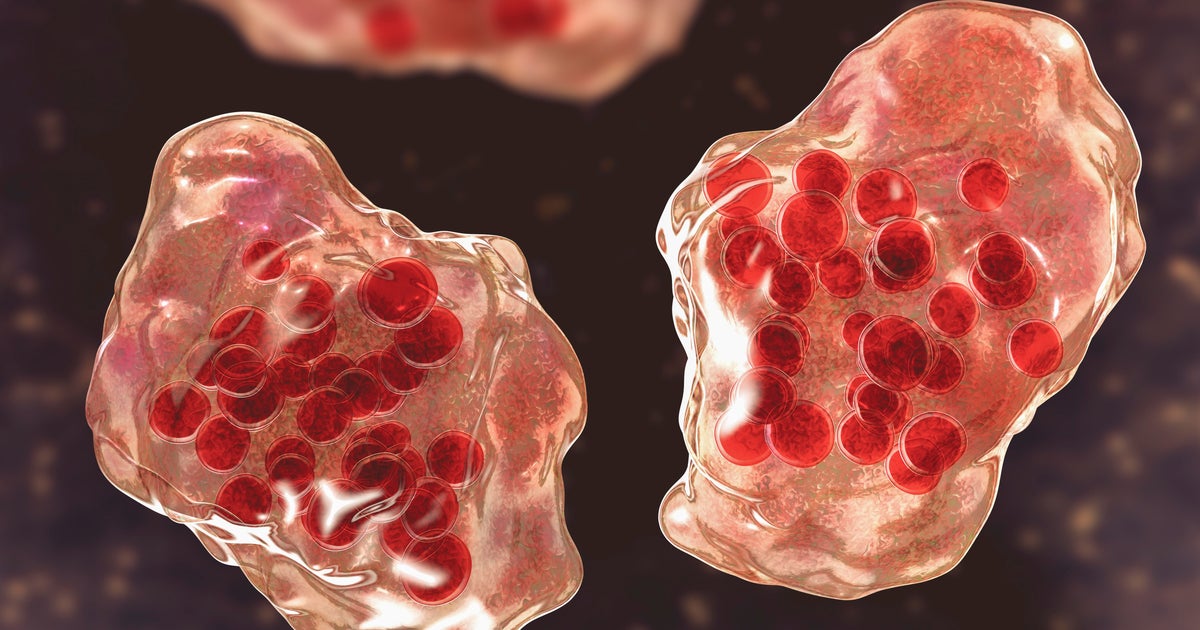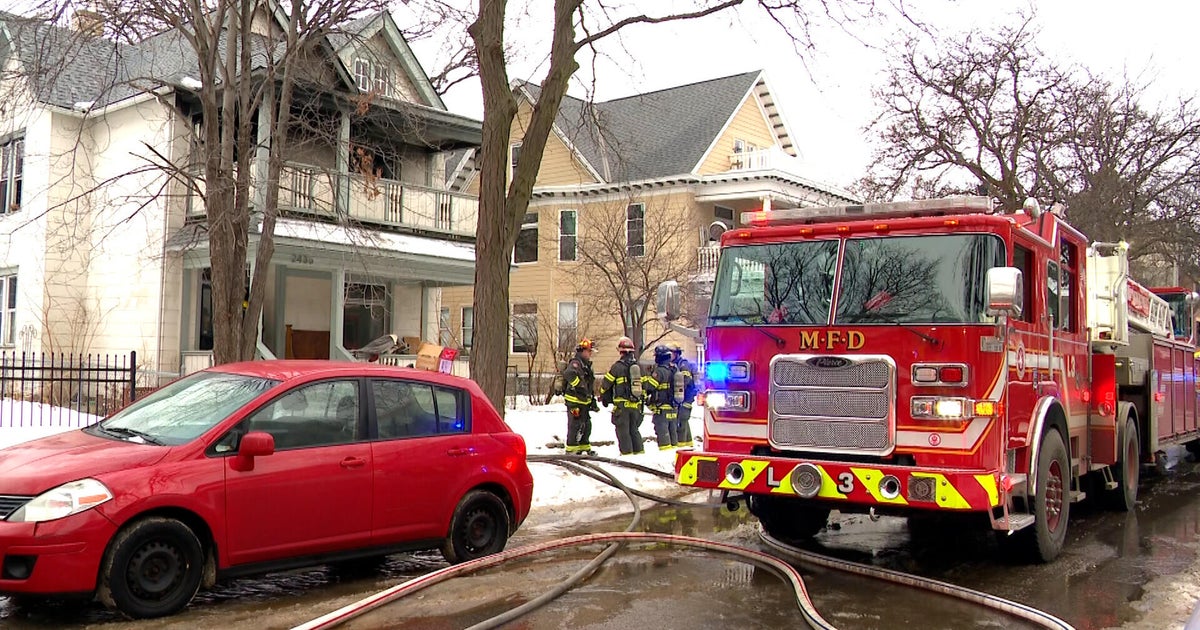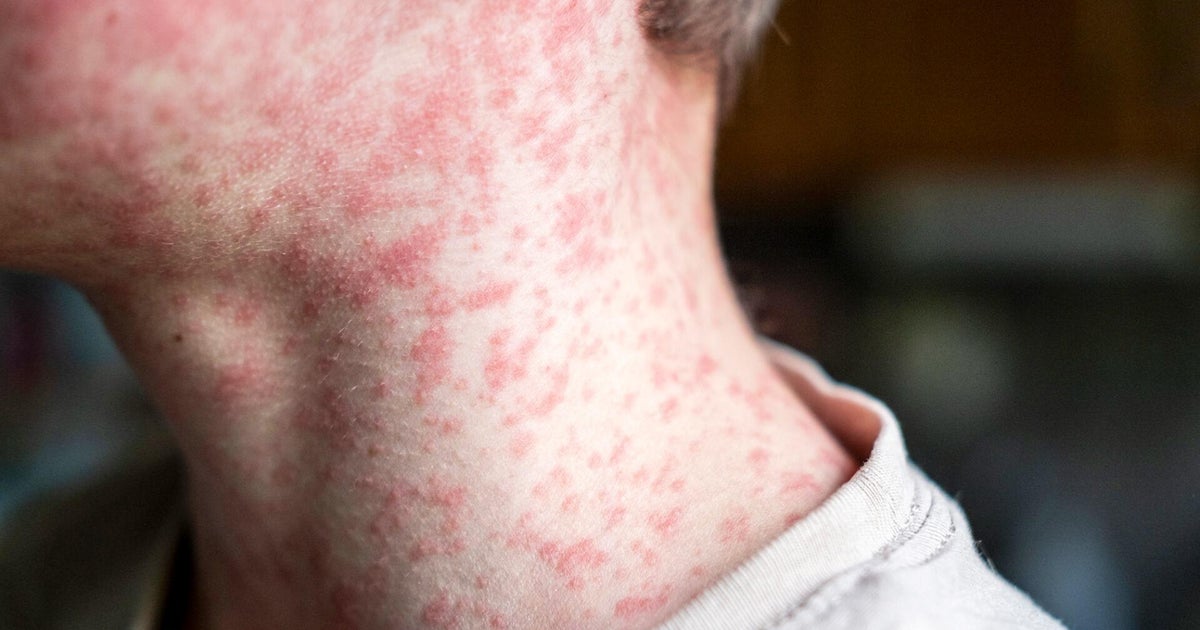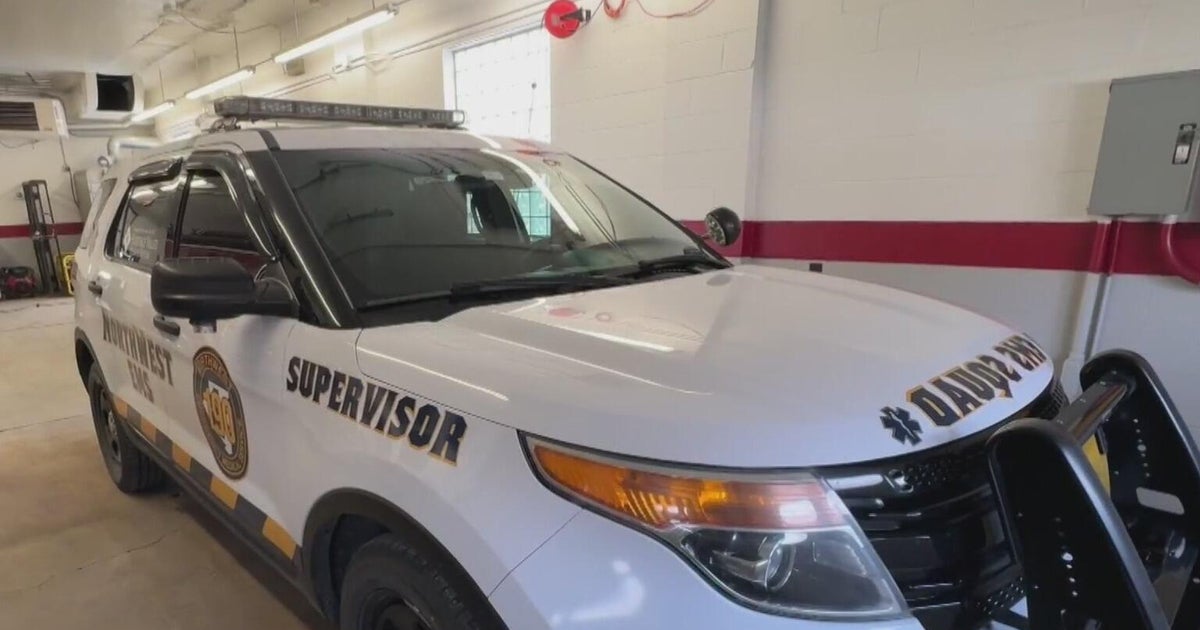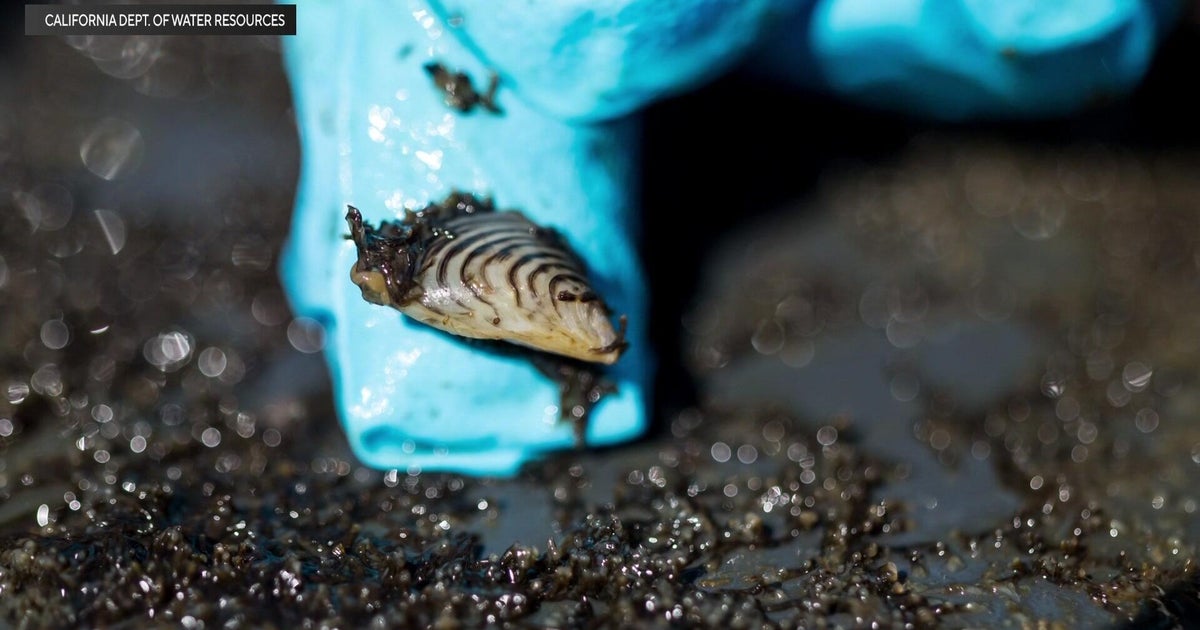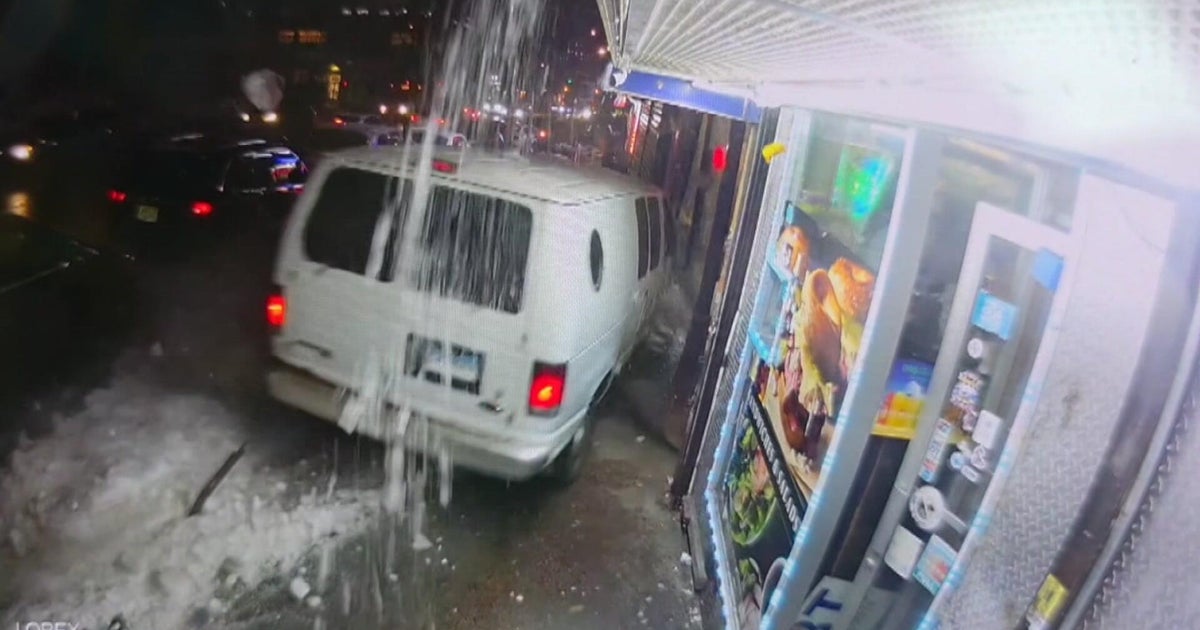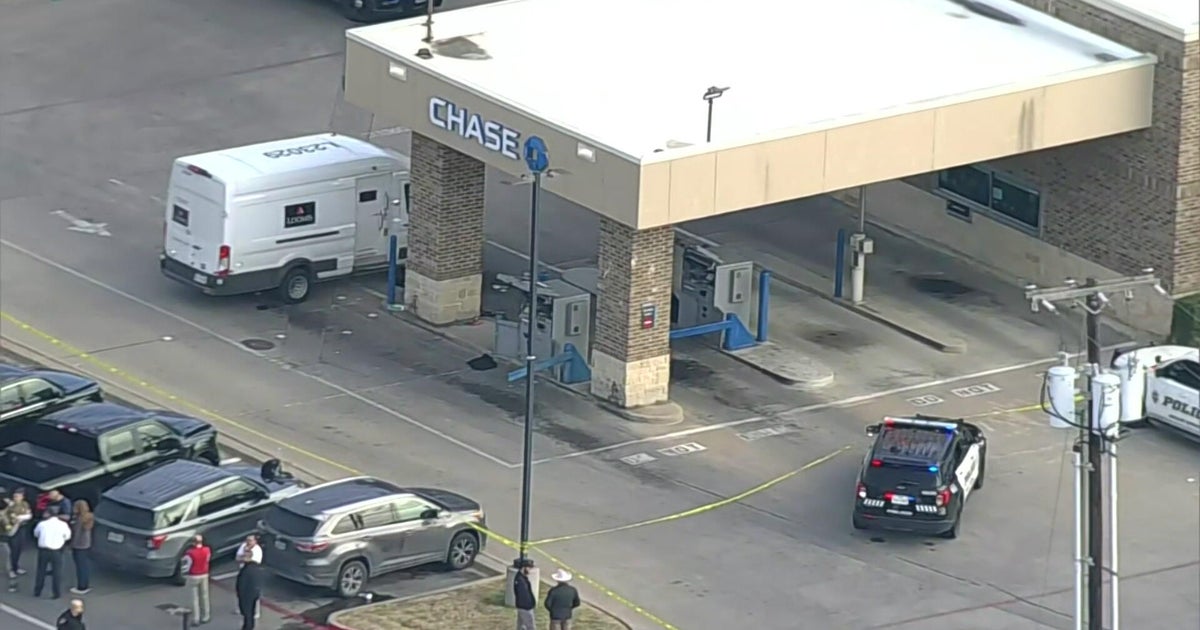How Does COVID-19 Spread?
MINNEAPOLIS (WCCO) -- People are being asked to stay at home, stay six feet from people and, in some parts of the United States, to wear face masks when they go outside.
Because of that, many WCCO viewers have questions about how to best avoid getting the virus. So, what's the latest research on how it spreads? Good Question.
"Most of the research so far is that it's spread through the respiratory or droplets route," said Dr. Susan Kline, head of infectious diseases at the University of Minnesota Medical Center.
According to the CDC, respiratory droplets are produced when an infected person coughs, sneezes or talks.
New research suggests that the virus could be spread by simple breathing. The transfer of the virus from person-to-person happens when those droplets land in someone else's mouth or nose.
Research on how well the virus aerosolizes or stays in the air is still limited. According to Dr. Anthony Fauci, the research shows the droplet will hang in the air for a short period of time. Dr. Kline says it will likely settle within a few minutes.
"That's likely not the primary way, the primary way is likely droplets," Dr. Fauci told the Daily Show on March 26th.
So, what happens when those viruses fall down to the surfaces?
"I think we do need to keep in mind that surfaces could be contaminated," said Dr. Kline.
New research shows COVID-19 can remain on surfaces for several hours to days, depending on the surface.
According to the CDC, "it may be possible that a person can get COVID-19 by touching a surface or object that has the virus on it and then touching their own mouth, nose, or possibly their eyes. This is not thought to be the main way the virus spreads, but we are still learning more about this virus."
Dr. Kline said it's challenging to know how well the virus spreads from surfaces to someone then touching their face because it requires a lot of observational research.
"We've don't have real definitive data on that yet," Dr. Kline said.
As for the safety of getting take-out food, Dr. Kline said she believes it's fine, but be cautious. Personally, she said she wouldn't see the need to wipe off the containers, but she'd wash her hands after opening the food and before eating it.
She'd also recommend washing produce from the store, but suggested people not be overly concerned about opening their mail or packages.
"Again, I'd wash my hands," she said. "But you can't drive yourself crazy."
